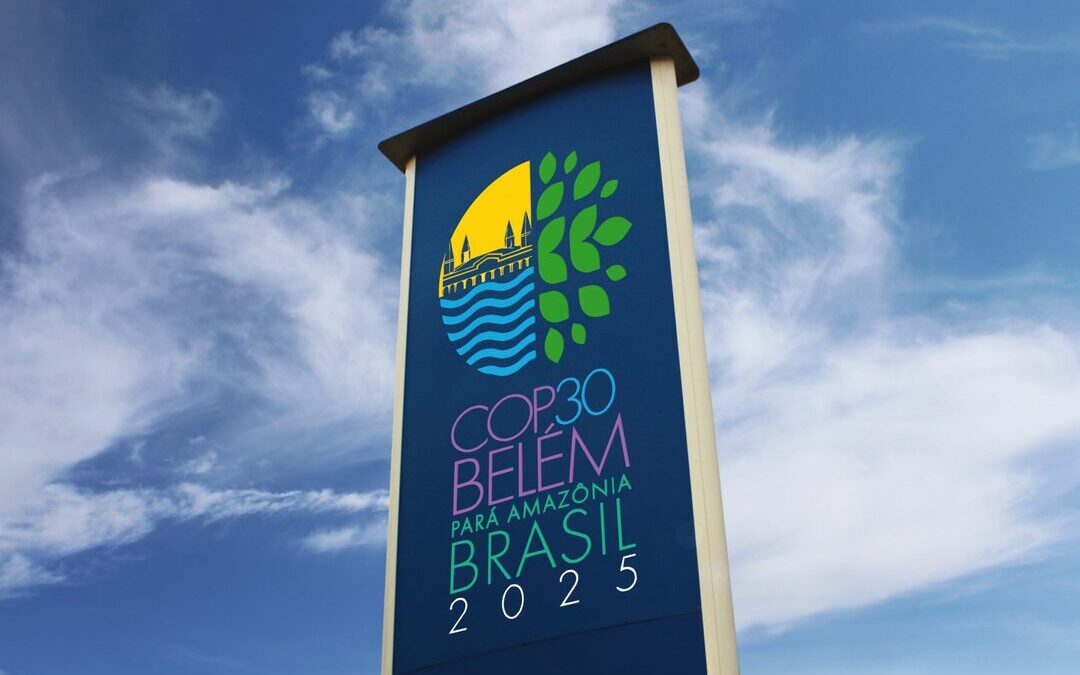Brazil Calls for Urgent Action as COP30 Nears, Warns of Climate Legacy at Stake
Brazil urges stronger climate pledges and finance ahead of COP30 in Belém to keep Paris goals within reach.
Brazil’s incoming presidency of the United Nations Climate Change Conference in Belém, also known as COP30, urged governments on Tuesday to accelerate climate commitments, warning that the choices made in the next five years will determine whether the world avoids the worst impacts of global warming.
In its sixth letter to parties and stakeholders, COP30 President-Designate André Aranha Corrêa do Lago said the Belém meeting in November must mark a turning point, uniting nations behind more ambitious nationally determined contributions and stronger implementation of the Paris Agreement.
Building on Bonn Talks
The letter drew on the outcomes of the United Nations Framework Convention on Climate Change’s June negotiations in Bonn, where parties made progress on technical issues, including adaptation indicators, a just transition, and implementing the global stocktake agreed upon in Dubai in 2023.
While results were “not ideal,” Corrêa do Lago said they showed an acceleration in collective work and a renewed commitment to multilateralism.
“COP30 is not about the presidency or delegations individually. It is about present and future generations,” he wrote, emphasizing that the Belém talks will coincide with the Paris Agreement’s 10th anniversary.
Pressure on 2035 Climate Targets
With less than 100 days before COP30, roughly four-fifths of countries have yet to submit updated 2035 climate pledges, the letter said.
Corrêa do Lago urged governments to use the UN General Assembly in September as a platform to announce new targets, calling NDCs the most tangible demonstration of national commitment to both citizens and the global regime.
He warned that weak pledges risked undermining a safe and sustainable future. “Far from representing mere climate targets for 2035, our NDCs represent the vision of our shared future,” he said.
Climate Finance and Energy Transition
Brazil’s presidency also flagged tensions over climate finance, including ongoing discussions on the “Baku to Belém Roadmap to 1.3 trillion” aimed at scaling up funding for developing countries.
Parties voiced concerns over slow flows of finance, the need for fair trade measures, and stronger links between climate, biodiversity and sustainable development.
The presidency said COP30 should also reflect momentum toward halting deforestation, tripling renewable energy capacity, doubling efficiency rates and moving away from fossil fuels “in a just, orderly, and equitable manner.”
Consultations Ahead of Belém
To avoid deadlocks, Brazil announced a series of “Presidency Consultations” in the lead-up to COP30, starting with an online session in September and in-person meetings in New York and Brasília. These will focus on building consensus around NDCs, finance and other priorities.
Corrêa do Lago said Brazil will protect the impartial, party-driven process but pressed for urgency: “Humankind cannot afford further delay … Every fraction of a degree and every year over 1.5 degrees Celsius matter.”
He urged countries to make COP30 a moment of “unity over division, action over delay, and legacy over inertia.”
Nirmal Menon
Related posts
Subscribe
Error: Contact form not found.


